It appears that Budapest's friendly relations with Beijing are running counter to Brussels' efforts to de-risk unfriendly countries...
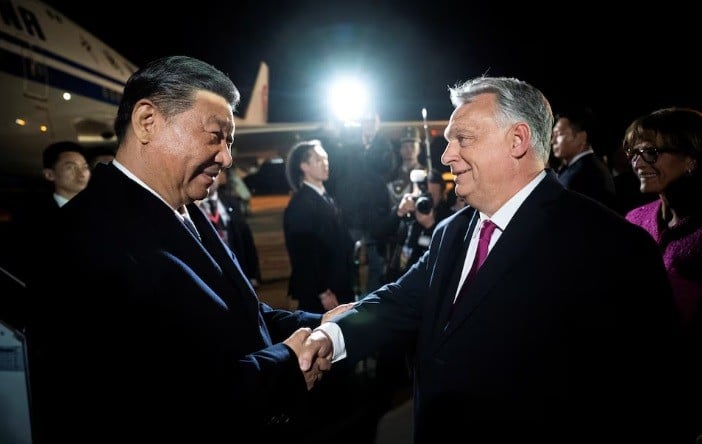 |
| Hungarian Prime Minister Viktor Orbán welcomes Chinese President Xi Jinping at Ferenc Liszt International Airport in Budapest, May 2024. (Source: Reuters) |
“Smooth and rich like Tokaji sake”…
Tokaji is a famous sweet wine from the Tokaj region of Hungary, known as the "King of Sweet Wines". Surprisingly, these "sweet words" were used by Chinese President Xi Jinping to describe the friendship between China and Hungary during his visit in early May.
And, to the dismay of observers in Brussels, right-wing populist leader Viktor Orbán was quick to grasp that extended hand.
As a result, the mutual appreciation between the two leaders has shown tangible results in material terms – Chinese foreign direct investment (FDI) worth about 16 billion euros.
Hungary is also the beneficiary of a factory for Chinese electric vehicle maker BYD, which is the target of an investigation by the European Commission into electric cars. It has also taken steps to strengthen ties with Chinese tech giant Huawei, which Brussels considers a high-risk supplier.
Hungary is also involved in a Chinese-funded railway under construction, connecting Budapest with Belgrade in neighboring Serbia.
So as Budapest prepares to take over the rotating EU presidency, giving Prime Minister Orbán – who is often at odds with most other EU members – a chance to flex his muscles, Brussels is worried.
Populist Prime Minister Viktor Orbán has been described by the media as the EU’s most outspoken and Eurosceptic leader. Over the past decade, his government has repeatedly clashed with EU leaders and other member states over democracy, migration and, most recently, the bloc’s military support for Ukraine.
Budapest regularly uses its veto power in important votes, stalling many EU policies when all other members are ready. That is also the reason why countries in the region are worried when Hungary is about to take over the big responsibility.
In true rotation, will Hungary set the EU agenda for the next six months, allowing it to reverse Brussels' increasingly assertive stance towards China and its allies?
“There is a possibility of a meaningful and mutually beneficial economic partnership with China. And I believe that this will be the biggest challenge during the next rotating EU presidency in the second half of the year,” Hungarian Minister for European Affairs János Bóka told the media.
Europe's concern?
EC President Ursula von der Leyen’s “geopolitical” mission is shifting, in coordination with the US and Japan, to “de-risk” its supply chains from “unfriendly countries” – especially China.
International media commented that they are implementing a so-called economic security strategy, aiming to protect important research and technology from rival powers.
Meanwhile, Budapest has reportedly made little secret of its scepticism about the new proposals – which would give the EC powers to monitor investments outside the EU.
In fact, Hungary is arguably one of the countries that stands to benefit most from the punitive tariffs on Chinese electric vehicles – which the EC is due to take effect next month, as a kind of “China’s ticket to the EU single market”. But Budapest feels it is pushing China further away and risks fracturing warm trade relations.
“In general, the so-called economic security is not clear,” said János Bóka, who will represent Hungary’s presidency in the EU for the next six months. “If there are risks to our security, these risks must be identified and addressed specifically. If you talk about economic security vaguely, you might be talking about decoupling… we have made the decision that we are not decoupling, we are just mitigating the risks.”
In fact, the promises to “ensure European sovereignty, security and prosperity in the coming years” in von der Leyen’s first speech on the subject about a year ago, as well as the push for economic security from Brussels, soon stalled. Those overly strong commitments were criticized as going against the usual reticence of members of the “old continent”.
... And a year on, those efforts remain in disarray amid disagreements over how to coordinate the work... And now the EC says it does not trust Budapest to put the issue on the regional agenda in the next six months.
As for its point of view, Hungary believes that European businesses do not need to be bound by "bureaucratic procedures anymore".
Tobias Gehrke, senior policy fellow at the European Council on Foreign Relations, said Hungary has a golden opportunity to move away from the EC’s idea and instead pursue its own vision. Over the years, the central European country “has been building a portfolio of being China’s best friend in Europe. The EU’s economic security strategy will be a direct challenge to this warm relationship.”
"Dances with Dragons"
Hungary’s economy has been hit hard by Covid-19 supply chain disruptions and the energy shock of the Russia-Ukraine conflict. The economic boost provided by Chinese trade and investment could help heal some of the economic scars left by that turmoil.
And while Chinese President Xi Jinping’s interest in Hungary – a country whose nominal GDP is 100 times smaller than China’s – may seem puzzling, Budapest’s influence actually goes far beyond the published numbers.
Hungary is strategically located between the eastern edge of the EU and the industrial heartland in the west.
And while, politically, Budapest may seem closed and unenthusiastic about change, Hungary’s manufacturing-based economy is, by contrast, extremely open, and closely tied to German supply chains – most notably in the auto industry.
With this special economic "position", Hungary will be an important gateway for Asia's number 1 economic power to enter the rest of Europe.
China's electric vehicle boom has led to a wave of investment, with Hungary receiving 44% of all Chinese FDI in Europe last year, more than Germany, France and the UK combined, according to a new report by Rhodium Group and MERICS.
About 25 to 30 companies operating in the battery technology sector have invested in the country, most of them from China, such as lithium-ion battery manufacturer for electric vehicles and professional energy storage systems CATL, said Csaba Kilian, CEO of the Hungarian Automotive Industry Association.
Hungary is the “optimal location” for CATL’s second plant, the company said in a statement to the media, when asked about its choice of Hungary – “thanks to its pro-investment economic policy”. Asked about tariffs on Chinese electric vehicles, the CEO of the Hungarian Automotive Industry Association said “it is necessary to be cautious, because it could be very dangerous… most likely, it will not benefit European carmakers”.
Mr. Csaba Kilian also added that the Hungarian government's goal is to attract... leading technology companies. "We are not talking about simple assembly operations," Mr. Kilian emphasized.
In fact, observers commented, with the results of Chinese President Xi Jinping's visit to France and Hungary last month, it is clear that Europe and Beijing will find it difficult to "break up", especially since Hungary is likely to be the key to an effective relationship.
Hungary’s move into China’s orbit is not necessarily an attempt to irritate Brussels. As Peter Virovacz, senior economist for Hungary at ING bank, puts it, “even if you don’t like the way Mr Orbán talks and what he does, at the end of the day he is a leader caught between two powers. He needs to strike a balance.”
Hungary is one of the most interconnected economies in the EU, leveraging low wages and a skilled workforce to become a regional manufacturing hub. Coming out of its recession, the Hungarian economy is stabilizing, but remains fragile. So, according to Crédit Agricole economist Nathan Quentric, “Chinese investment has come at the right time to stabilize Hungary’s external balance and revive its growth.”
The top priority for Prime Minister Orbán is the Hungarian economy. But in other respects, the EC remains the center of EU membership. Budapest’s growing relationship with China is therefore “a potentially risky development option,” according to economist Quentric.
Source: https://baoquocte.vn/hungary-than-mat-hon-voi-trung-quoc-eu-co-the-tach-roi-duoc-bac-kinh-276664.html




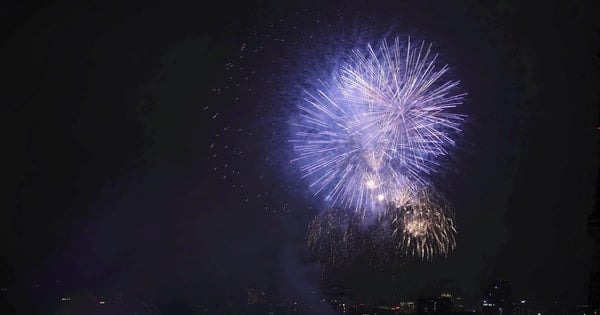
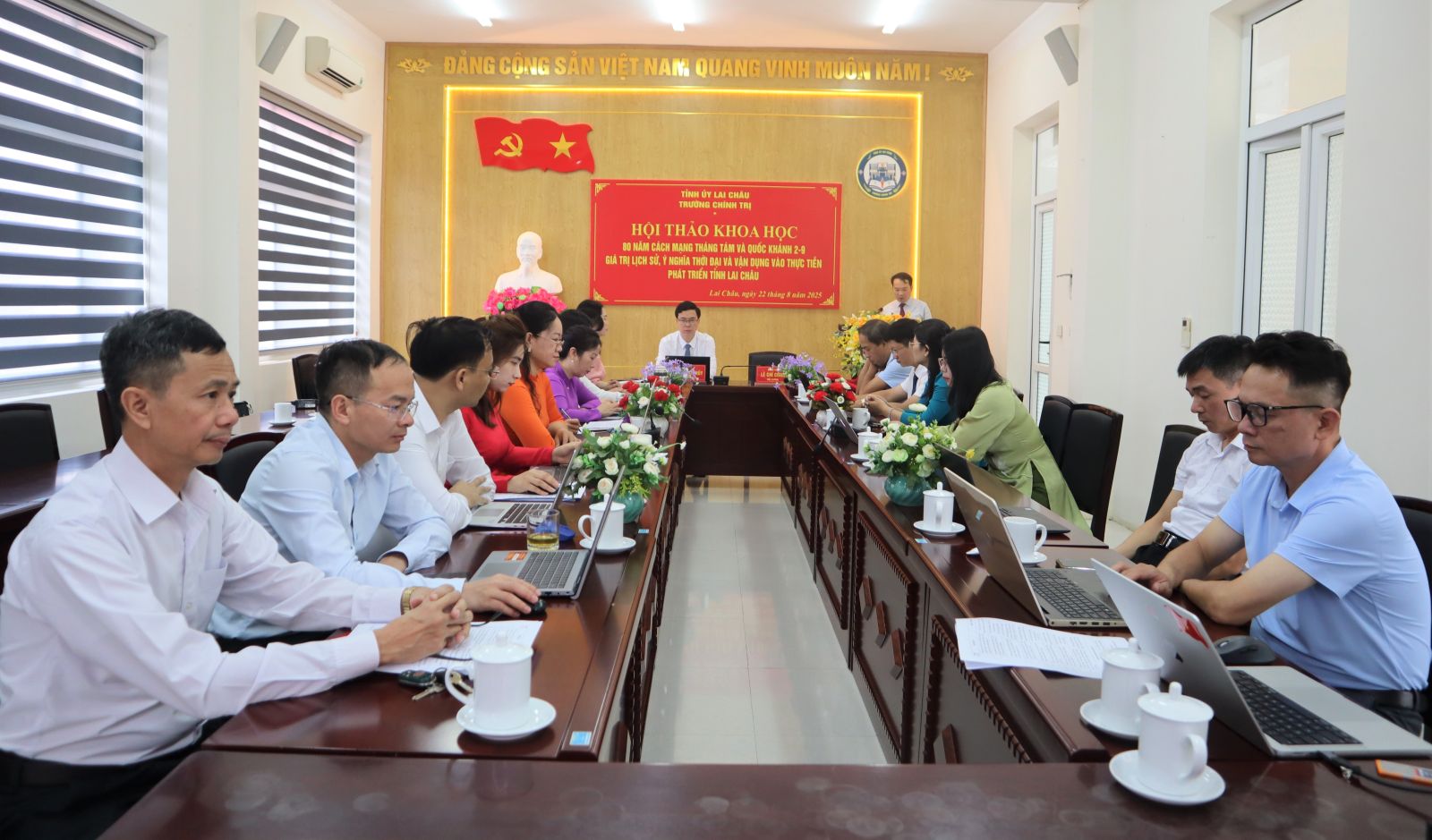
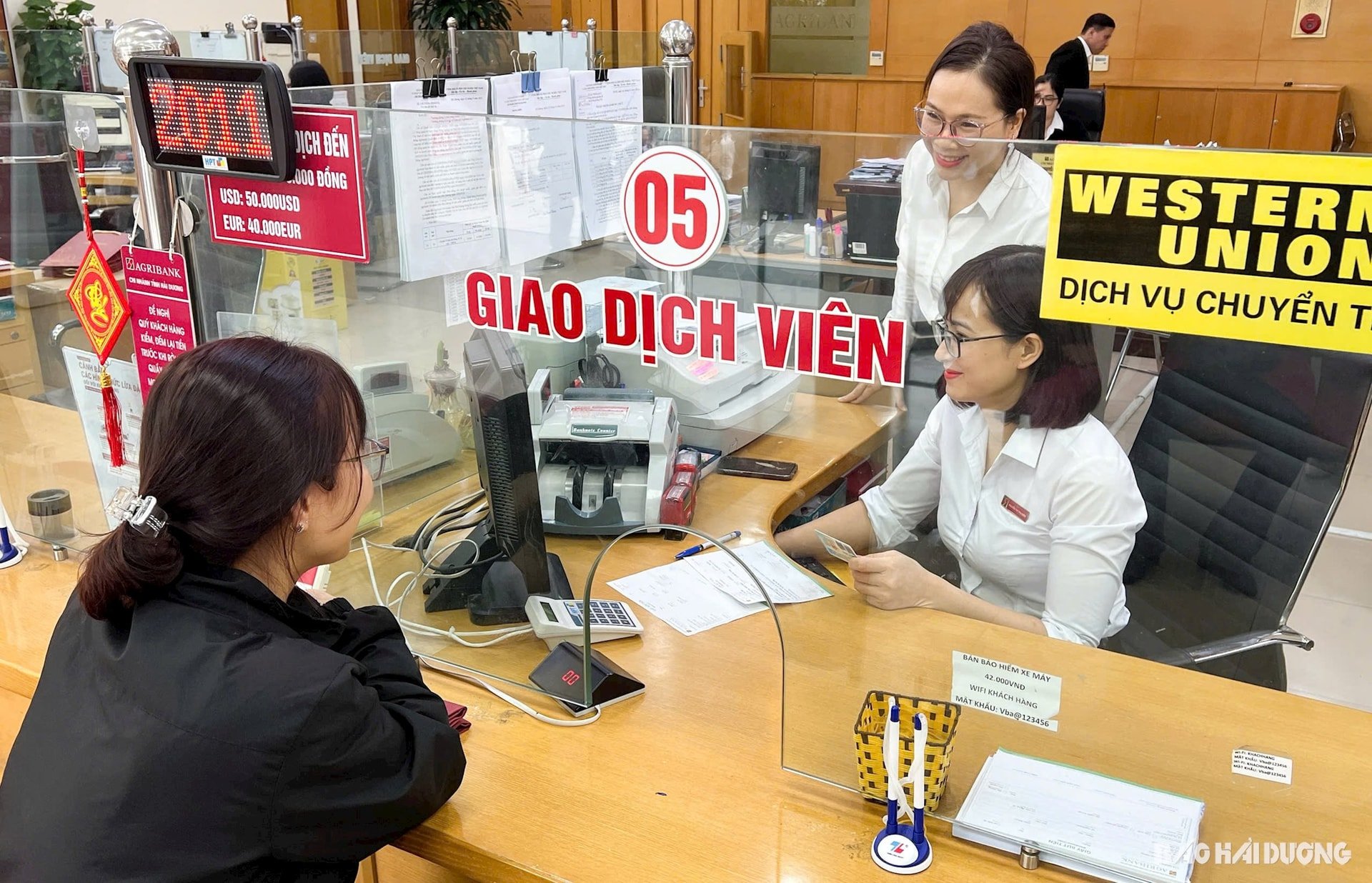



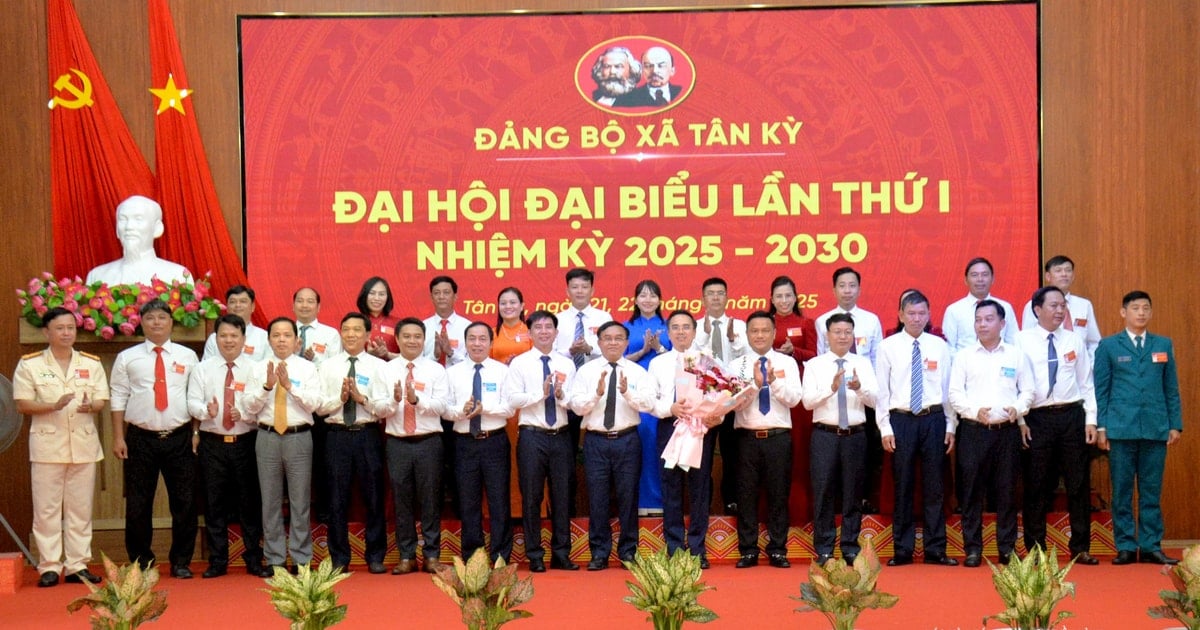












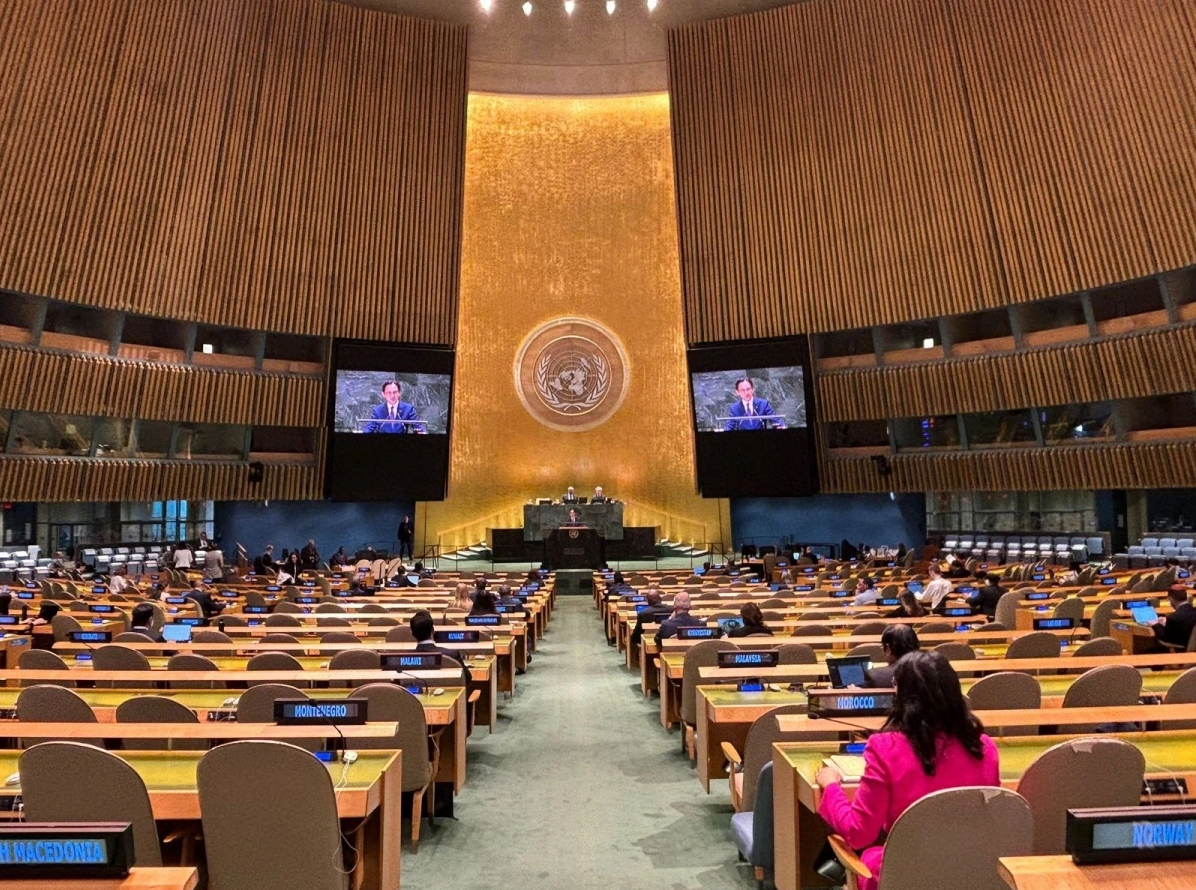
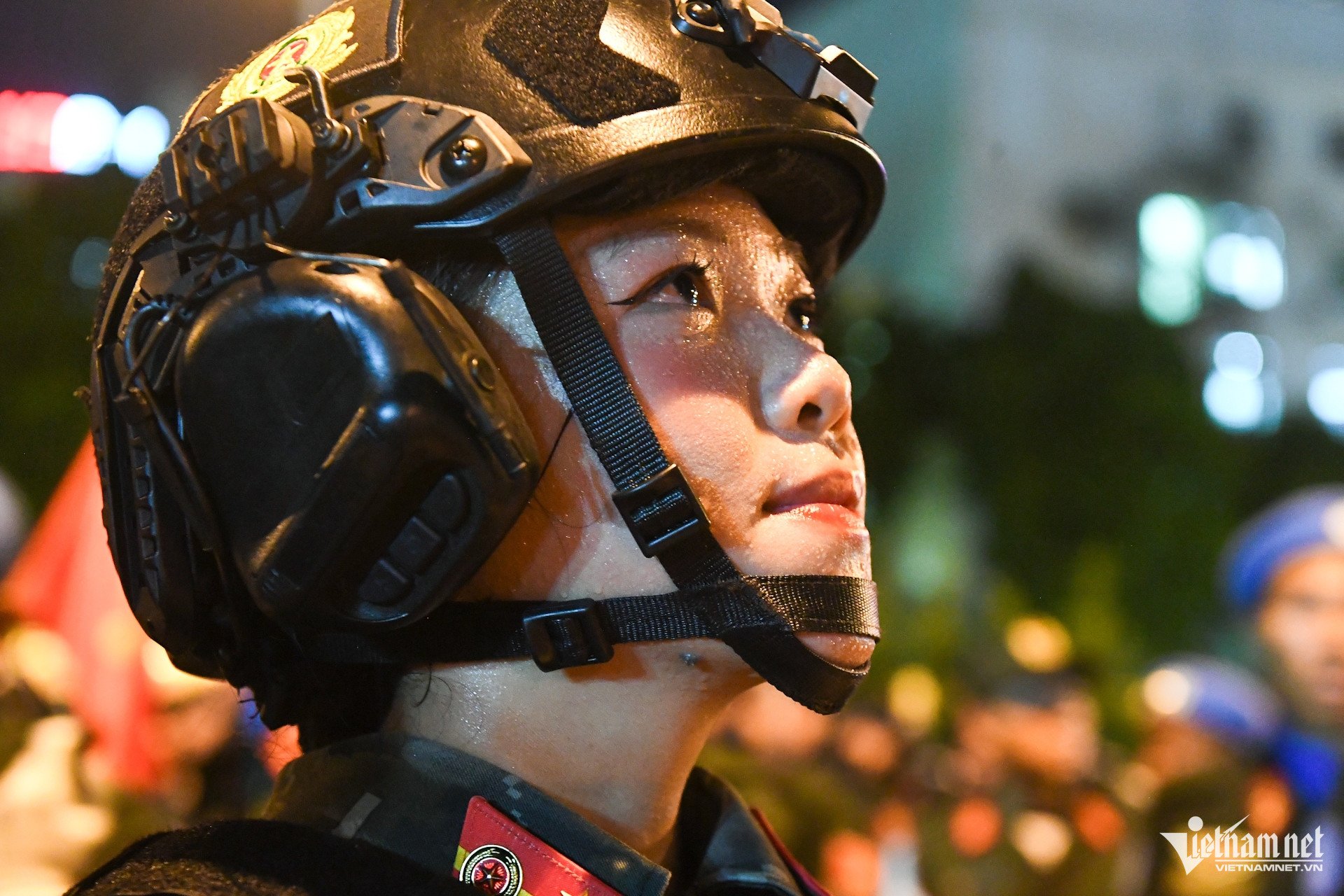




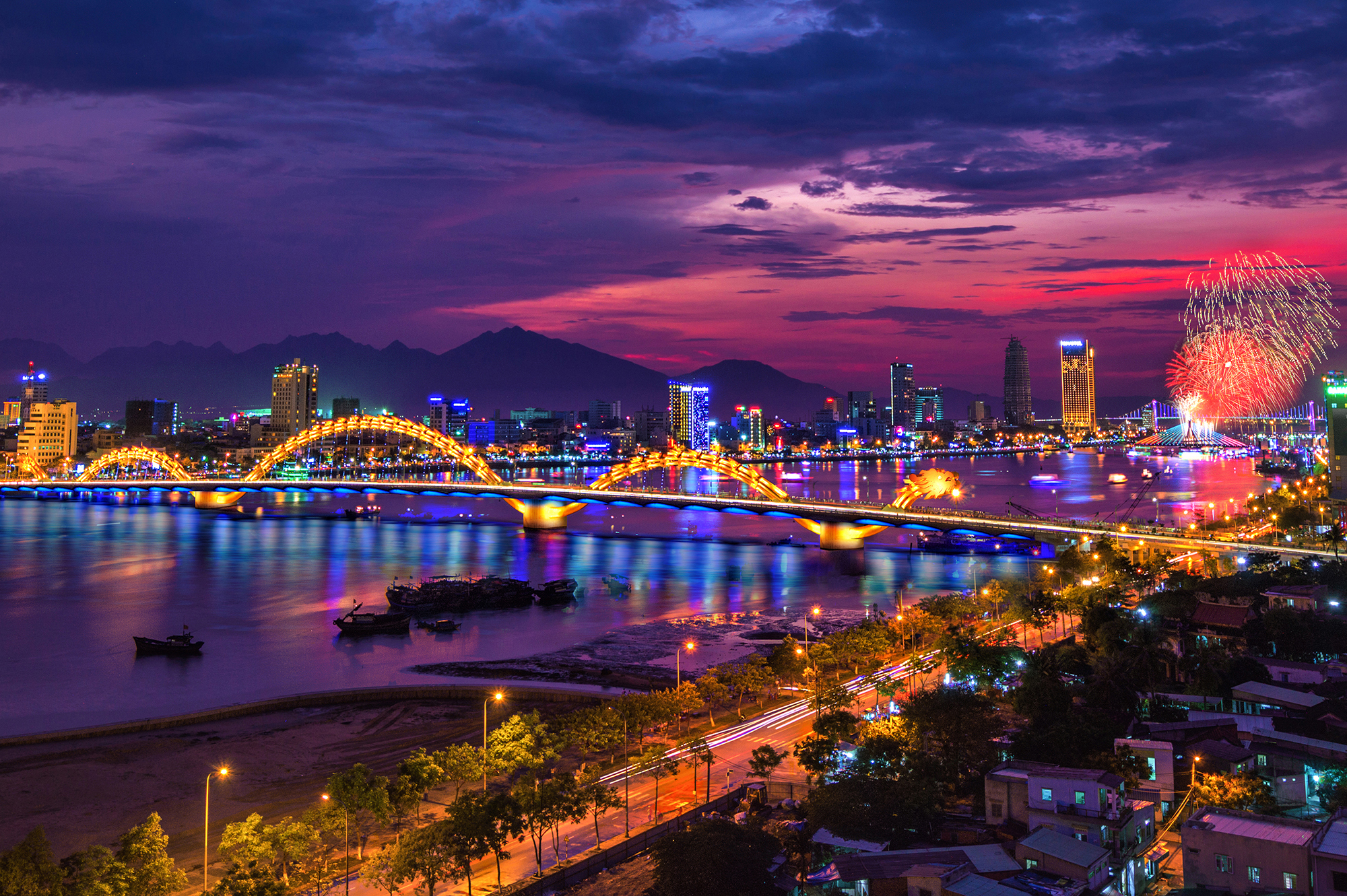

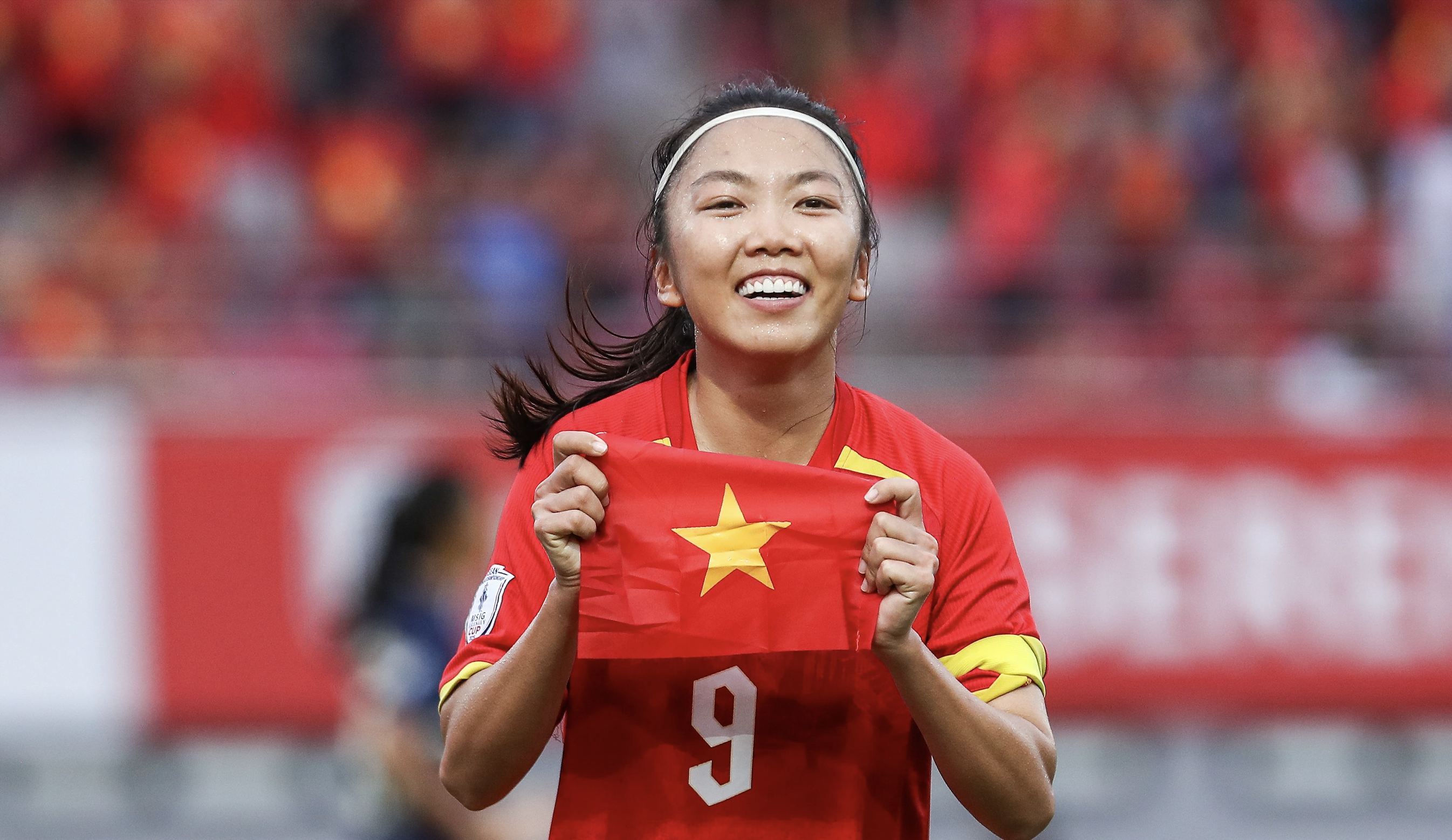
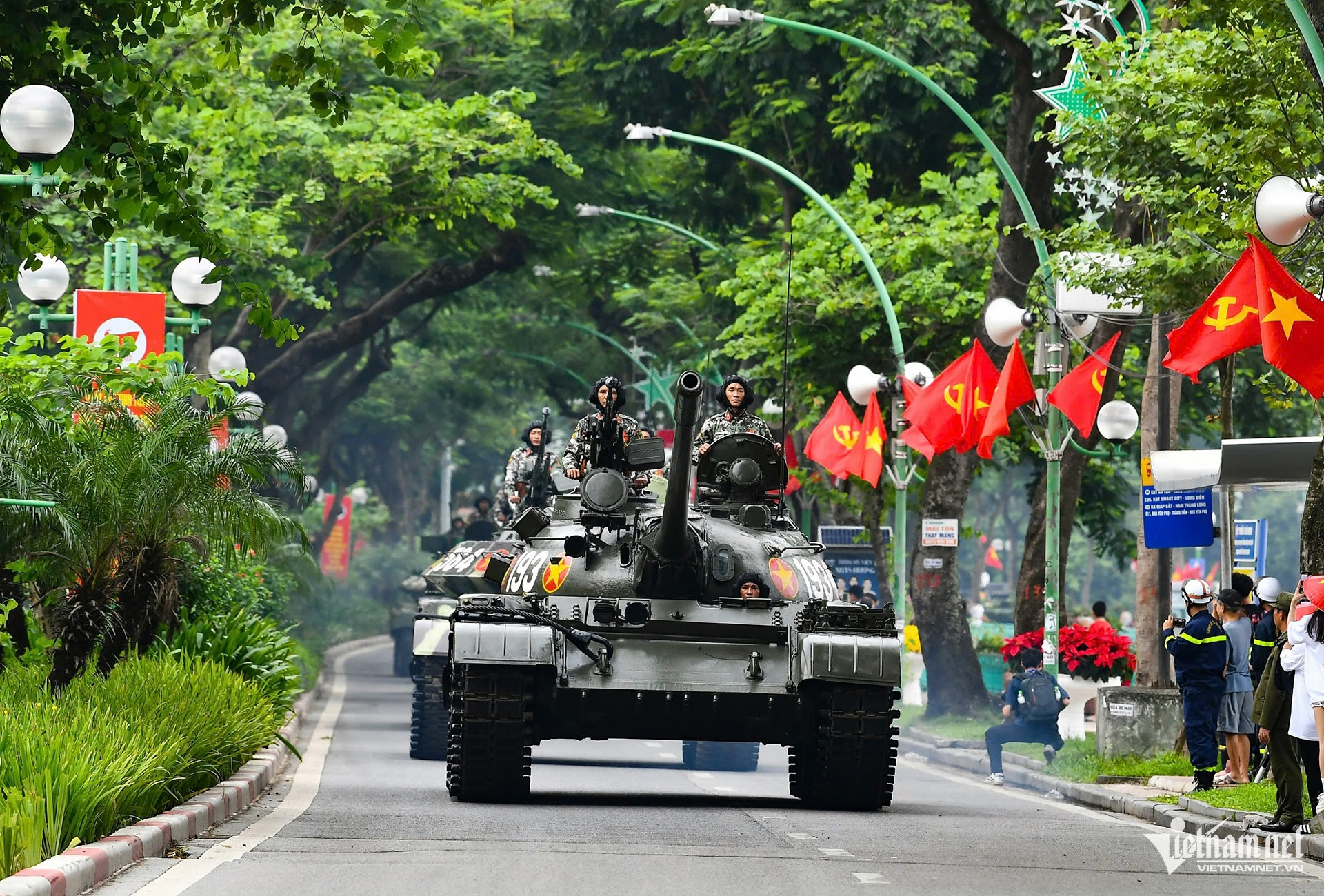














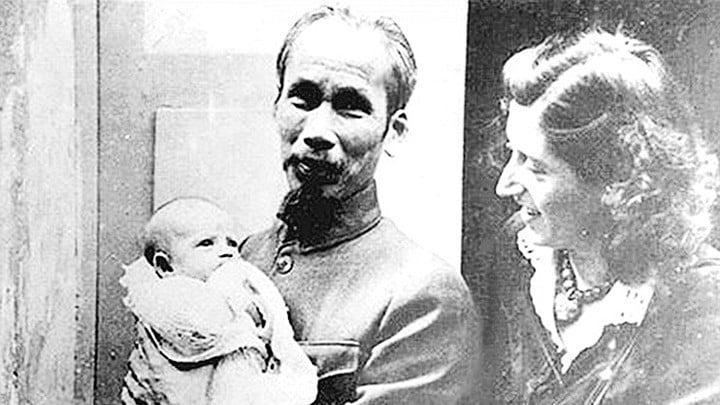












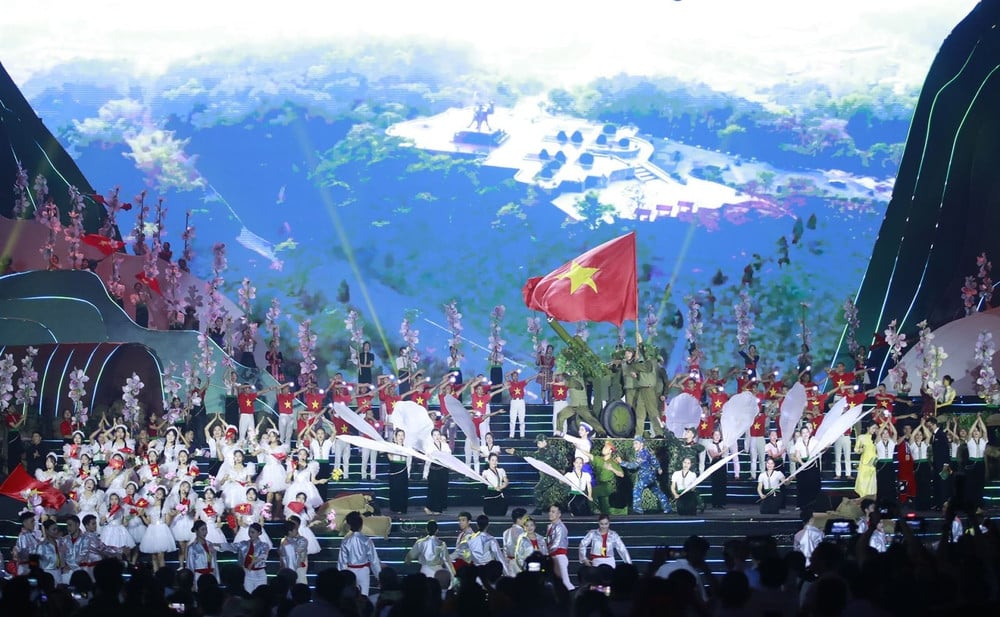

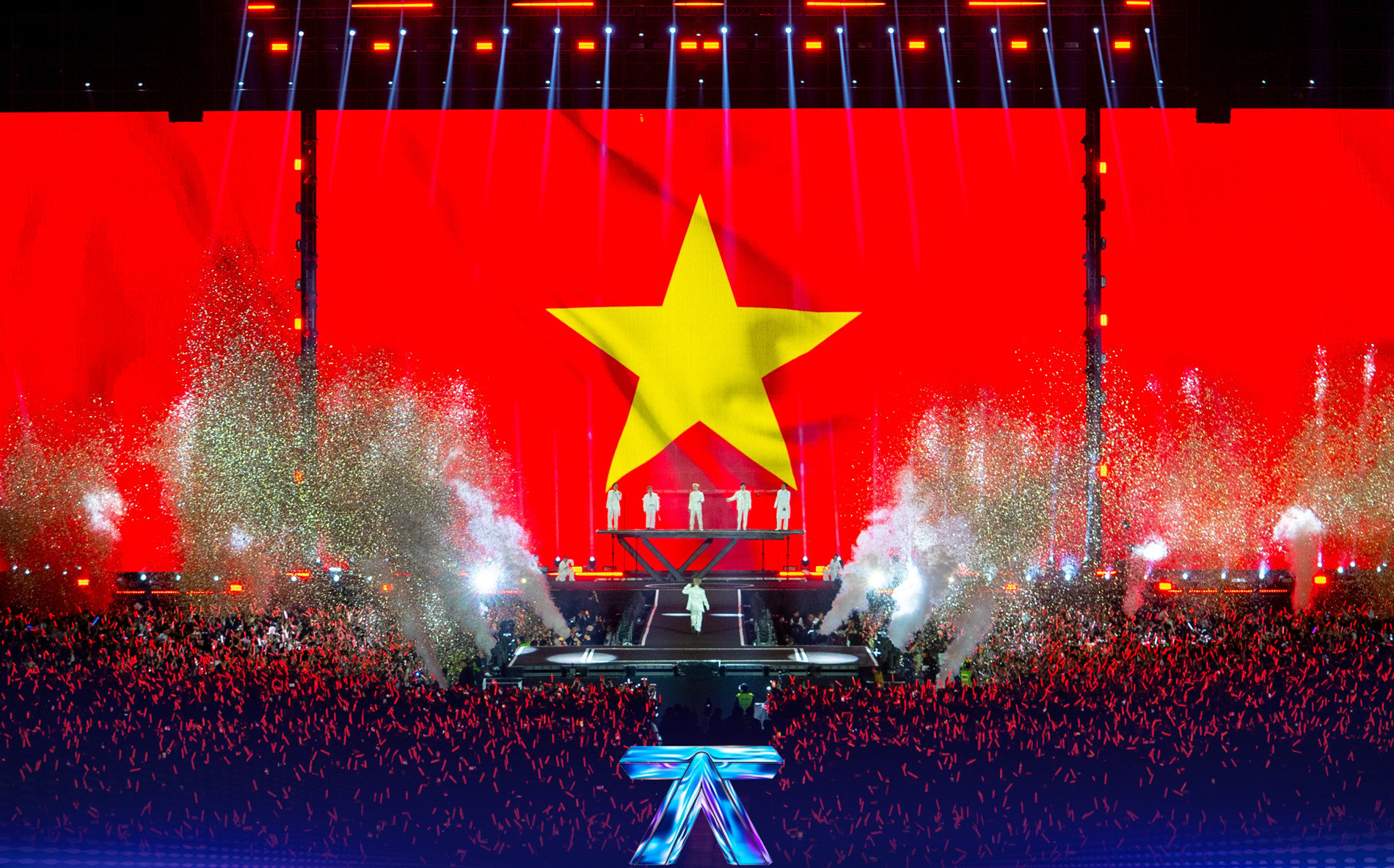

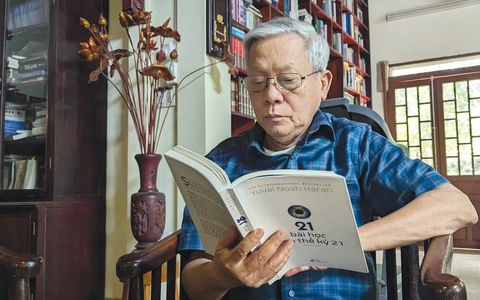
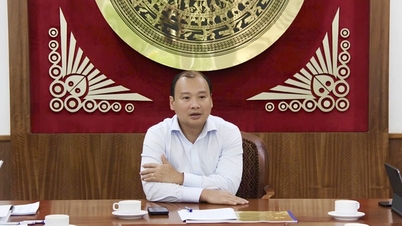

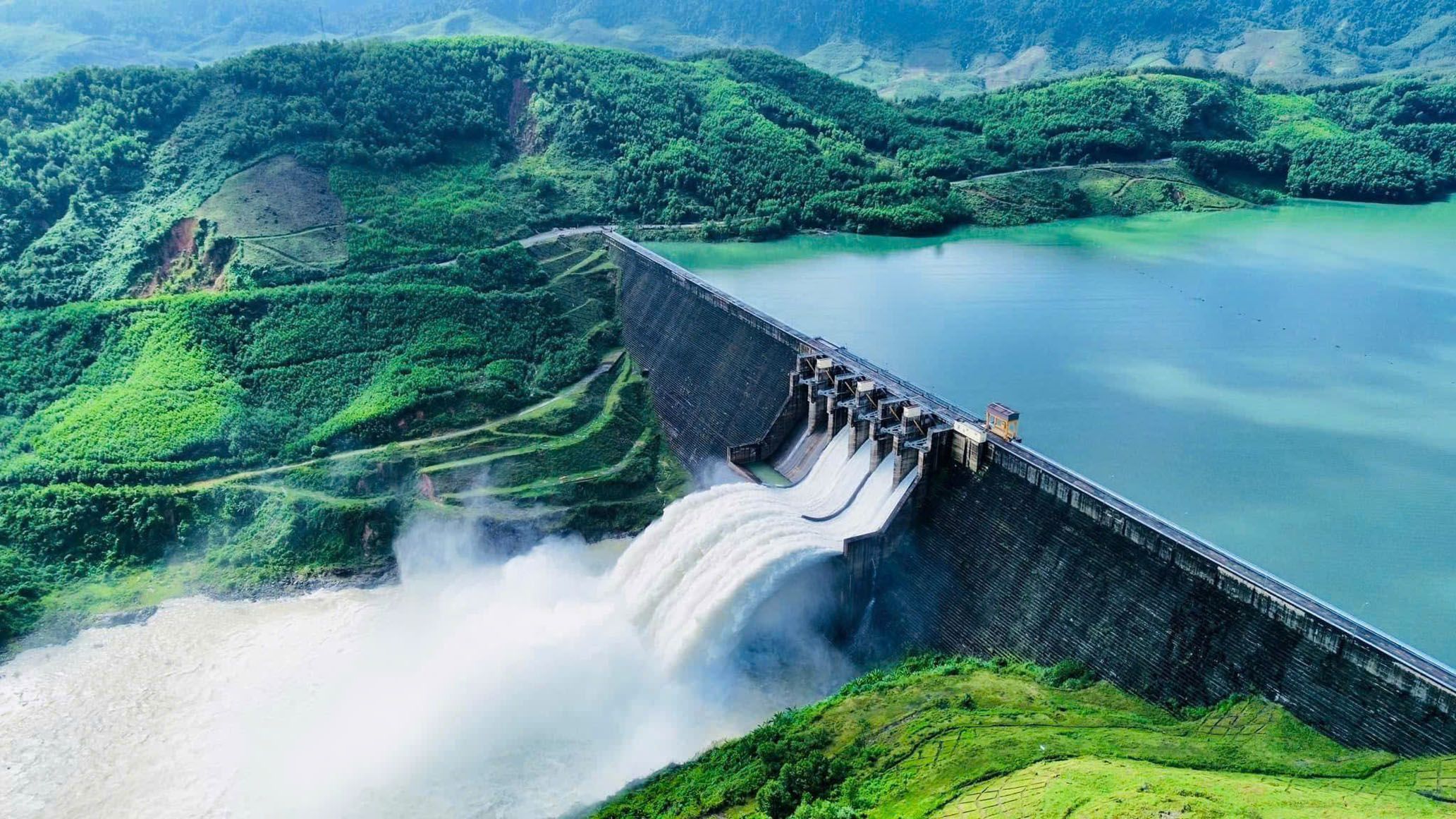

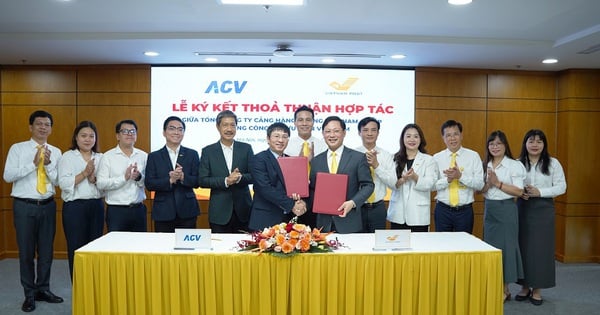






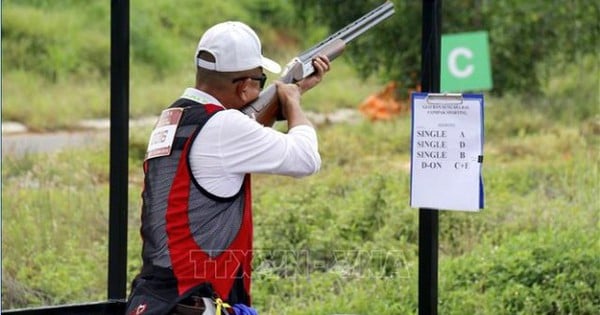













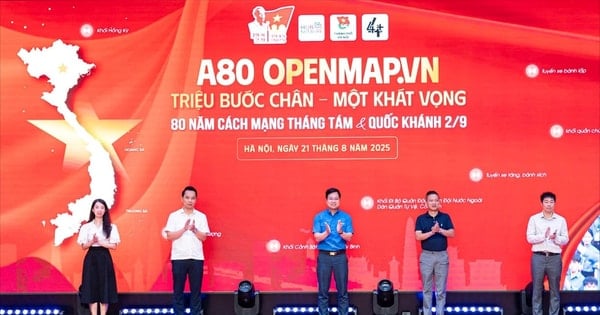

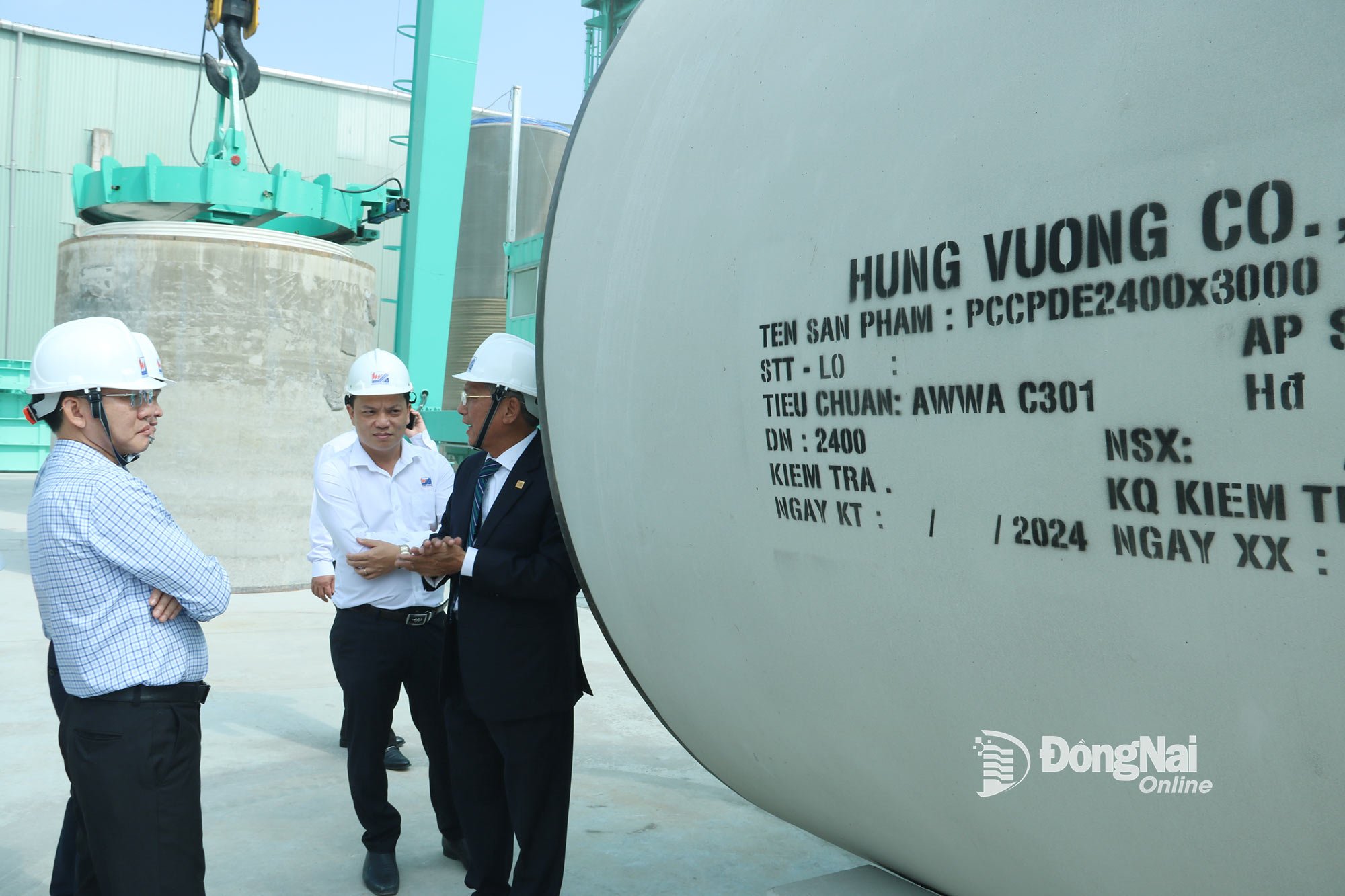






Comment (0)